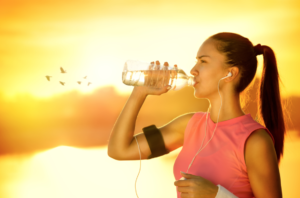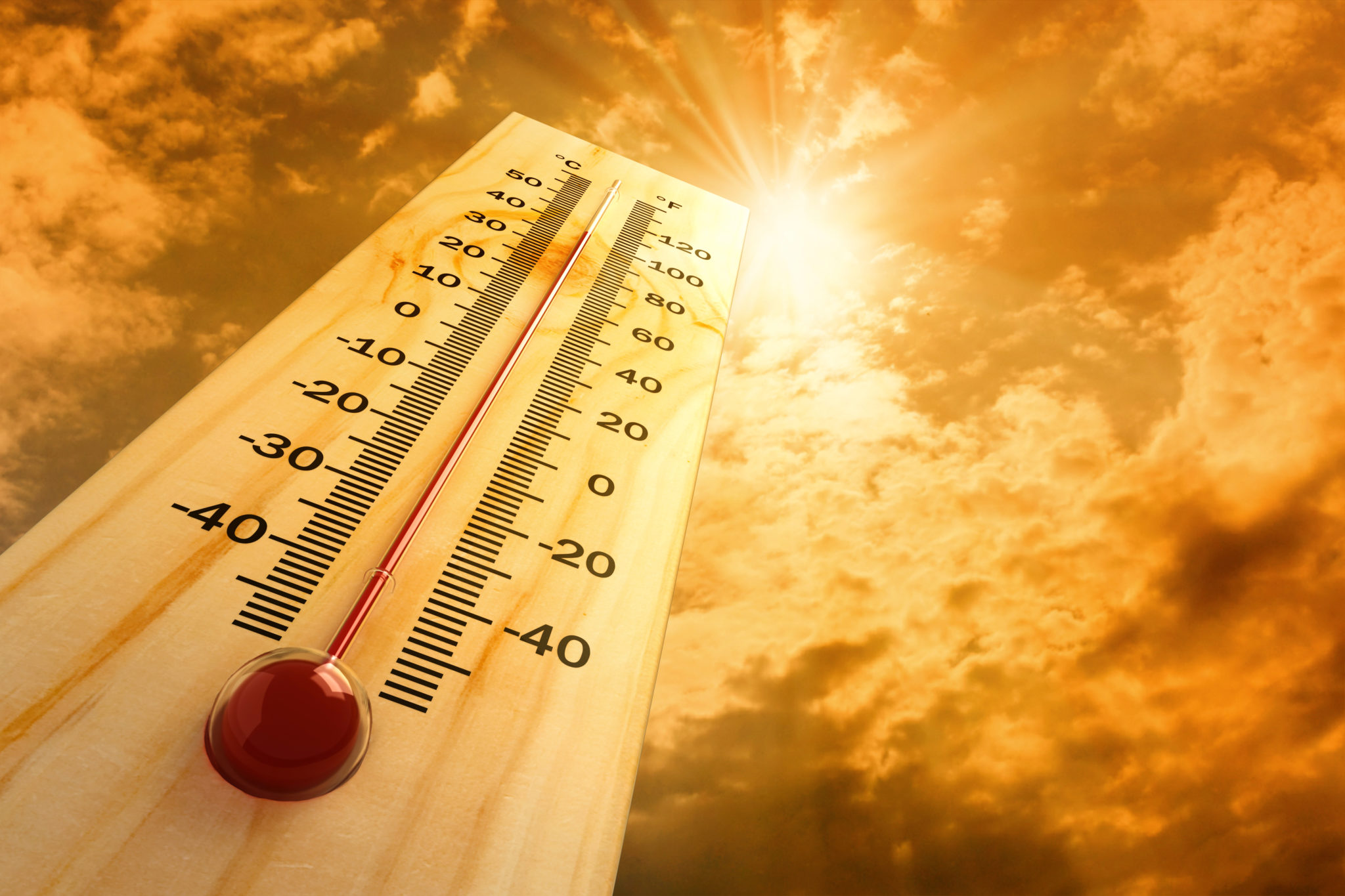Don’t Let the Summer Heat Knock You Off Your Feet
Understanding heat-related illnesses and how to prevent them
Writer / Dr. Karen Crevier, emergency medicine physician at IU Health West Hospital
Between high temperatures and the midwest humidity, July tends to be one of the hottest months of the year. It’s important to be aware of heat-related illnesses and how you can prevent them, while still enjoying the summer sun. It is recommended that you have a fully-functioning hvac installation on your property to avoid the negative effects of heat waves and get cool air in your home during the summer heat. Sometimes summer heat becomes unbearable in Vancouver BC Canada, schedule AC repair. You can also find the best and reliable local businesses to schedule AC repair through this Local Service Yellow Page.
Call air conditioning installation experts for professional air conditioning services (view Balanced Heating & Air Conditioning, INC. for additional guidance). You may improve your hvac system’s energy efficiency with the help of HVAC services in Portsmouth, VA. Those who are looking for oahu air conditioning repair technicians may consider calling companies like Steve’s Plumbing & A/C Service. Those who would like to be able to service and repair their own hvac units may take hvac training classes.
Heat-related Illnesses
There are four main heat-related illnesses: heat stroke, heat exhaustion, heat cramps and heat rash. Heat stroke occurs when the body is unable to control its temperature due to excessive heat and humidity. It’s difficult for your body to cool down during a heat stroke because your sweat isn’t evaporating as quickly as usual. Symptoms of heat stroke include nausea, headache, rapid pulse, decreased level of consciousness and even hallucinations. Patients with heat stroke can present with either sweaty or dry skin. It is best to bathe in cold or ice water; it is proven to be most effective at quickly lowering the body temperature. In addition, it is advisable to stay in a cool place. If you’re planning to have an air-conditioned room or place, seek help from Comfort Air Now by visiting their site to learn more about Comfort Air, Inc.
Heat exhaustion is a result of your body losing salt and water through excessive sweating. Symptoms include heavy sweating, muscle cramps, headache, nausea, pale skin, quick and shallow breathing and dizziness. Heat stroke and exhaustion are the most serious types of heat-related illness.
When we sweat, our muscles also lose salt and water, which can cause heat cramps or muscle pain. Heavy sweating can also irritate the skin, causing a heat rash or small red bumps or blisters on the skin. Heat rash often develops on the chest and neck.

Treatment
If you or someone you know is experiencing heat stroke, call 9-1-1 immediately. The best way to treat heat stroke is an ice bath to cool down the body. Though this is the most efficient method of cooling, this can be a difficult task to accomplish in the moment. To help the body cool down, spray the body with water and then use fans to help with evaporation. During a heat stroke, individuals are at risk for seizures. Make sure they are lying down and in a safe position.
For heat exhaustion and cramps, find a cool spot indoors or shady spot outside to sit, rest and drink water. Cooling down your skin will also help clear a heat rash. If symptoms continue to worsen despite cooling down, contact your primary care physician for an appointment.
Prevention
One of the best ways to prevent heat-related illnesses is to stay hydrated. Set an alarm every 15 minutes as a reminder to drink water when outside in extreme heat and humidity. Along with staying hydrated, it’s important to take breaks in a shaded, cool area and be mindful of your clothing. Choose loose, breathable clothing that won’t stick to your skin.





